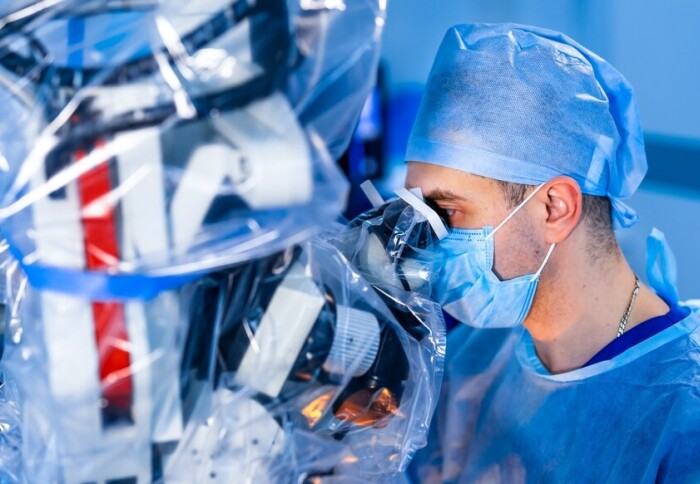New hub to develop advanced cancer imaging techniques
by Samantha Rey

A major new research hub will focus on identifying and visualising cancer using optical, acoustic and photoacoustic imaging.
The Optical and Acoustic Imaging for Surgical and Interventional Sciences (OASIS) hub, awarded to Imperial College London, UCL and the University of Cambridge, will enable better coordination of clinical research projects in imaging, as well as developing low-cost, portable devices to detect the earliest signs of cancer.
The OASIS hub is being funded by a grant of £11million from the UK’s Engineering and Physical Sciences Research Council (EPSRC), which will be split between the collaborating institutions. The project also has substantial funding pledged from industry and support from the NHS.
The hub will explore a range of modern imaging techniques based on light and sound waves to provide clearer high-resolution images of tissues and structures in the body. Modern approaches have the potential to safely produce useful clinical images during a procedure that highlight areas of suspected cancer.
Daniel Elson, Professor of Surgical Imaging at Imperial’s Department of Surgery and Cancer, explained: “Optical and acoustic imaging within cancer has shown a lot of promise, and there have been many interesting, but small, clinical trials of different devices. We want to work together in a more integrated way so we can robustly test and evaluate these devices.”
Detecting the early signs of cancer from images during endoscopic investigation or surgery is generally limited by human vision, which often cannot discern crucial details or information.
"This is a big drive to get a much better evidence base in optical and opto-acoustic imaging, particularly for the most common and most deadly cancers." Professor Daniel Elson Department of Surgery & Cancer
This limitation can lead to missed signs of cancer during surveillance and diagnosis as well as challenges in treatment, including the risk of not completely removing all cancerous tissues and the potential need for additional surgeries.
The OASIS Hub will address this unmet need for precision oncology, and will focus on brain cancer, breast cancer and upper gastrointestinal tract cancers.
Part of the role of the hub will be to build a community of users who will standardise their research work and develop larger datasets. This in turn will enable the use of computational methods to analyse the data and accelerate the development and clinical use of these technologies.
Professor Elson says: “This is a big drive to get a much better evidence base in optical and opto-acoustic imaging, particularly for the most common and most deadly cancers. Ultimately we want to see these technologies used to create more effective treatments.”

The OASIS Hub is one of five new projects funded by the UK’s EPSRC that aim to transform healthcare by applying the newest technologies.
Other projects announced by the EPSRC as part of its £118 million investment include developing robotic clothing and devices to prevent falls; developing a new approach for the administration of drugs; testing the use of microdosing; and overcoming barriers to the use of stem cells in tissue regeneration.
Article supporters
Article text (excluding photos or graphics) © Imperial College London.
Photos and graphics subject to third party copyright used with permission or © Imperial College London.
Reporter
Samantha Rey
Communications Division